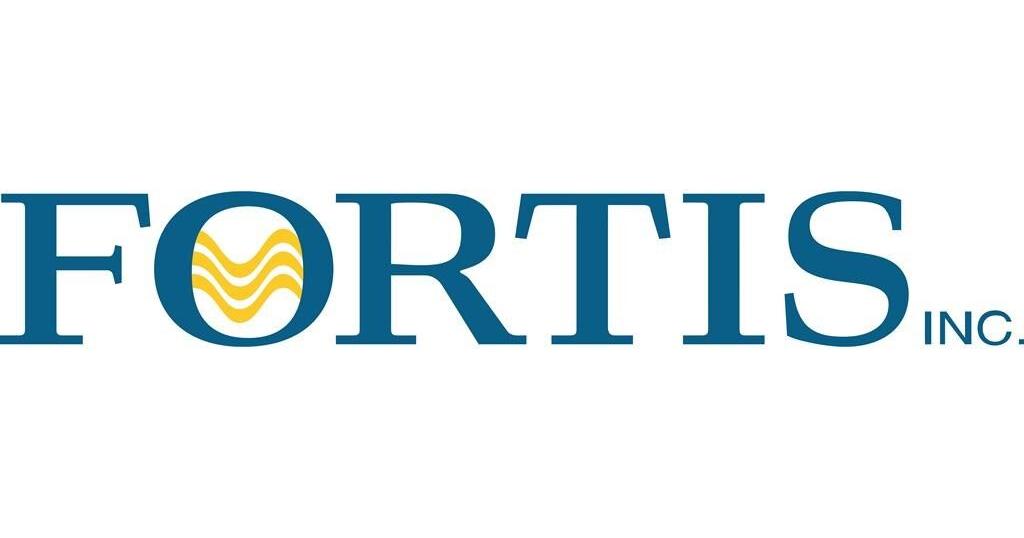Hiring is costly, thus why employers ask for references—the last hurdle to jump over to reach your job search finish line.
Before going to a restaurant, you’ve never been to, you likely check out online reviews, as you would read Amazon reviews before ordering a herbal remedy you’ve never tried or a laptop.
Employers conduct reference checks for the same reasons you read reviews before making a purchasing decision: They want to know what kind of employee you’ll be (most likely) and whether you’ll be worth the salary investment.
Furthermore, your opinion of yourself and your work is biased. Someone substantiating your claims goes a long way in making an employer feel confident you’re the right person for the job. A few jobs back, I had a candidate going on about how they were a “team player.” They even told me great STAR stories. However, when I spoke to a former colleague, they painted an entirely different picture of the person. Providing references who’ll speak positively about you should be obvious.
I’ve seen great resumes, impressive interview performances, and all the candidate’s efforts negated by bad references. Hence, their candidacy was no longer considered.
Speak to your potential references before starting your job search. Changing jobs is common these days; therefore, there’s a good chance your former boss is no longer at your former employer. This is why it’s a good idea to stay in touch with former colleagues and bosses. You don’t want to be asked for references, a sign that your potential employer is considering offering you the job, and then find yourself scrambling trying to find references who’ll evangelize your abilities and provide examples of your work.
Don’t provide a list of names to employers without telling the people on the list that they’re references. Never share a person’s contact information without their prior consent. If I receive a reference request out of the blue, I decline to act as a reference. First off, I’m caught off guard. Secondly, the person who gave my name and contact information without my permission didn’t show any common courtesy. Nobody is owed a reference.
As a hiring manager, I’ve spoken to many references who weren’t excited or eager to act as a reference. Gauge how the person feels when you ask them to be your reference. Unless they say, “Sure, anytime!” or, as I tend to say, “I’ll make sure they want you more than you want them,” then don’t use the person as a reference. Don’t even try to convince them to be a reference.
I will occasionally decline to be a reference for obvious reasons; we parted on bad terms. Not only is it professional, but it’s also in your best interest to leave your job amicably. Leave the epic job quitting scenes in Jerry Maguire, Office Space, and American Beauty to Hollywood. Keep in mind that it’s a small world; many industries are “close-knit,” and reputations travel on many roads—then there are social media. You never know when you’ll need a former boss or colleague to act as a reference for you.
Your references should be people who can speak to your work output and results, your overall approach to projects, and your ability to collaborate and lead. Your mother, father, best friend, or that one successful uncle don’t count. Instead, choose former or current coworkers, past managers, or even clients and customers who can offer insight into your work and character.
Ideally, your references (Plan on having at least four references in case one or two are unavailable.) should include a recent boss, a peer, and a subordinate. Chose people who not only can speak to your performance and your potential but—this is key—who are articulate. They needn’t be orators, but one-word answers and “Oh, he’s nice” don’t make for a good reference.
If you have any doubt about someone being a reference, DON’T USE THEM! As I mentioned, regardless of how well your interviews went, a bad reference can destroy your chances of receiving a job offer.
Once you’ve lined up your references, give each of them a copy of your current résumé. When a potential employer asks for your references, inform your references to expect a call. As well, send them the link to the job posting or the job description.
Last but not least, thank your references for helping you take the next step in your career and stay in touch with them for your next job search.
______________________________________________________________
Nick Kossovan, a well-seasoned veteran of the corporate landscape, offers advice on searching for a job. You can send Nick your questions at artoffindingwork@gmail.com.
Related


































